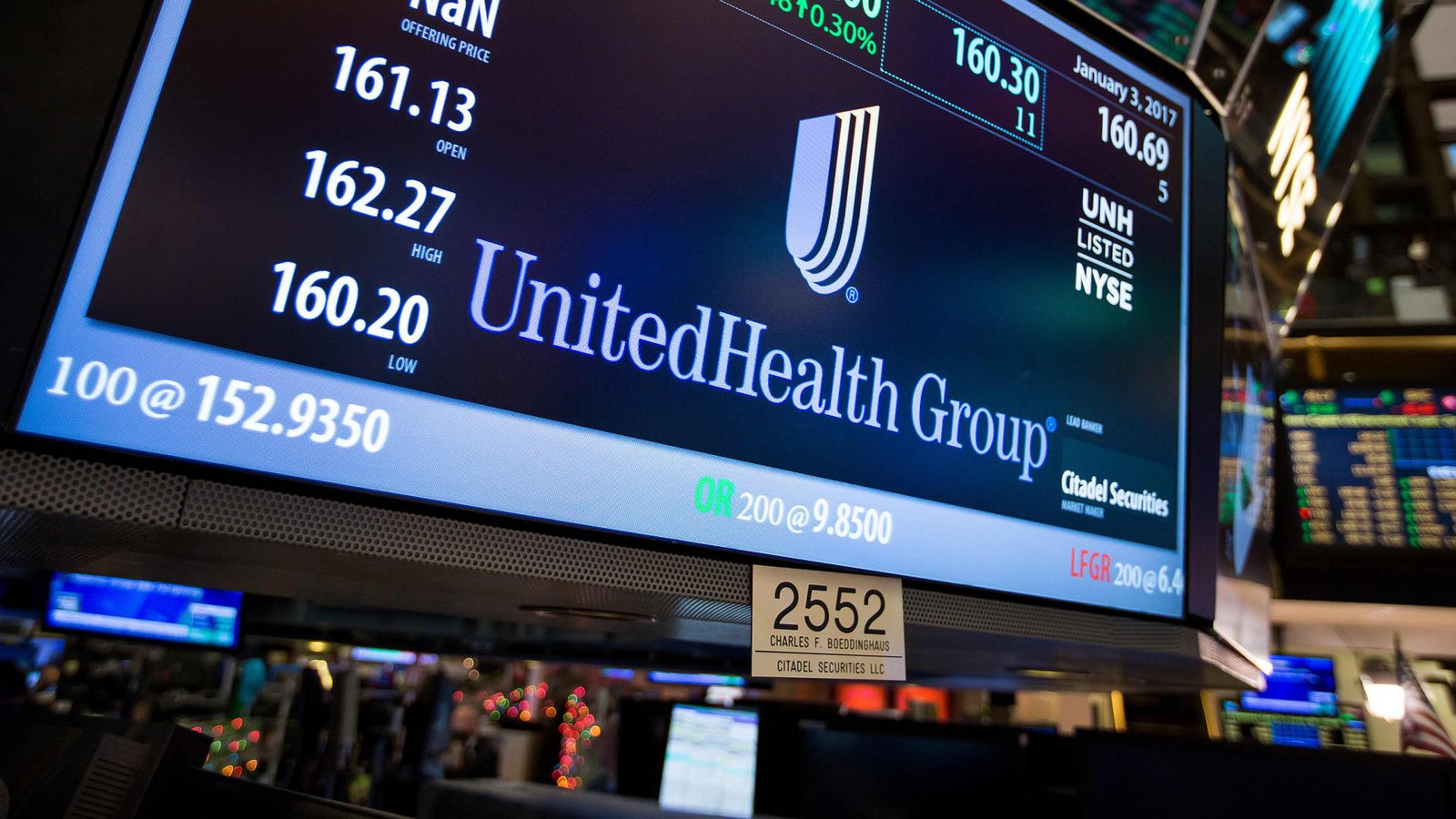Physical Address
304 North Cardinal St.
Dorchester Center, MA 02124
Physical Address
304 North Cardinal St.
Dorchester Center, MA 02124

UnitedHealth Group’s signage is displayed on a monitor on the floor of the New York Stock Exchange.
Michael Nagle | Bloomberg | Getty Images
Shares of major healthcare companies fell 5% on Wednesday as investors feared pressure from lawmakers and patients would force changes to their business models.
They are among the declining stocks UnitedHealth Group, Cigna and CVS Healththree of the nation’s largest private health insurers, called pharmacy benefit managers, or PBMs, and drug supply chain intermediaries. It also has pharmaceutical businesses. Shares of all three companies were down at least 4.8% in early afternoon trading.
Wednesday’s stock reaction appears to have been the answer new bipartisan legislation which aims to disrupt PBMs ie first reported by the Wall Street Journal. PBMs have faced years of scrutiny from Congress and the Federal Trade Commission over accusations that they inflate drug costs to patients to boost profits.

Action moves are followed by greater public criticism of insurance companies and their practices The fatal shooting of Brian ThompsonUnitedHealth Group’s chief insurance officer last week. Healthcare stocks fell in the days following Thompson’s death.
Elizabeth Warren, D-Mass. and Josh Hawley, R-Mo. A Senate bill sponsored by the senator would force companies that own health insurers, or PBMs, to divest their pharmaceutical businesses within three years, the Journal reported. Lawmakers told the Journal they will introduce a bill in the House on Wednesday.
“PBMs have manipulated the market to enrich themselves: raising drug costs, defrauding employers and putting small pharmacies out of business,” Warren said in a statement. “My new bipartisan bill will free up these conflicts of interest by controlling these middlemen.”
The statement added that there is a “serious conflict of interest” between PBMs and pharmaceutical companies, allowing these companies to enrich themselves at the expense of patients and independent pharmacies.
The largest PBMs — UnitedHealth Group’s Optum Rx, CVS Health’s Caremark and Cigna’s Express Scripts — are owned by or affiliated with health insurers. Collectively they handle about 80% of the nation’s prescriptions, according to the FTC.
PBMs sit at the center of the US drug supply chain, negotiating rebates with drug manufacturers on behalf of insurers, large employers and federal health plans. Insurers also create lists or formularies of drugs they cover and pharmacies reimburse prescriptions.
The FTC has been investigating PBMs since 2022.
— CNBC’s Bertha Coombs contributed to this report